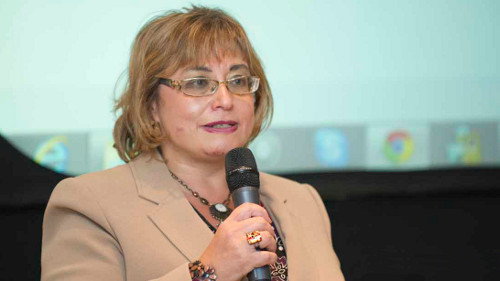
The problem of reshaping the creative industries for the digital age is not a simple one to which a solely legal “fix” could be applied. Reviewing and reshaping copyright is a huge part of that but more importantly the part that relates to alternative or new business models i.e. new ways the creative and cultural industries, as well as individual creators such as authors, artists, musicians, games developers, software authors, and, craftspeople can exploit their creations or be otherwise incentivised to create.
The creative industries have never depended exclusively on selling copies of their works as their sole revenue stream. Throughout history, painters made money not through selling copies of their work but via patronage. Commercial television made money by selling advertising, while, musicians made money by live performance – gigs, merchandise and t-shirts.
In the digital world, we see this replicated. Web 2.0 – Google, facebook, and all the other sites that host an unprecedented explosion of creativity – Flickr, Tmblr, YouTube and the rest – are funded almost exclusively by behavioural or especially targeted advertising. In all the arts, but perhaps especially publishing, a “new” patronage is emerging – crowdsourced funding for development of appealing ideas – where audiences pledge in advance to pay for the creative product they want to consume. And the digital world has developed new models we haven’t quite seen before – models involving openness, reuse and communal or community effort.
To study how this new digital world works is a wide topic necessitating interaction of a range of disciplines. Copyright to understand how the law works; psychology to understand how users behave; business, economics & management to understand how business models and revenue stream operate; historians to look at what happened before and find out where it went wrong and where it went right and why it went right; and; technologists to find solutions to the digital disruptions some cultural industries are struggling with (after all, technology can seem to take away with one hand but it also can give back with another).
Finally, diversity and serendipity is central to what we are embarking upon. Research is about having a very firm focus on what we want to know, find out, discover or make; and working fixedly and systematically towards that goal. But part of a research programme is also about scattering seeds, about letting a thousand flowers bloom. We attempt a balance between these two goals notwithstanding the fact that the most exciting discoveries, the most ground breaking ideas and the most useful deliverables often come from the unlikeliest places, meetings, conversations and synergies.
 Resource
Resource